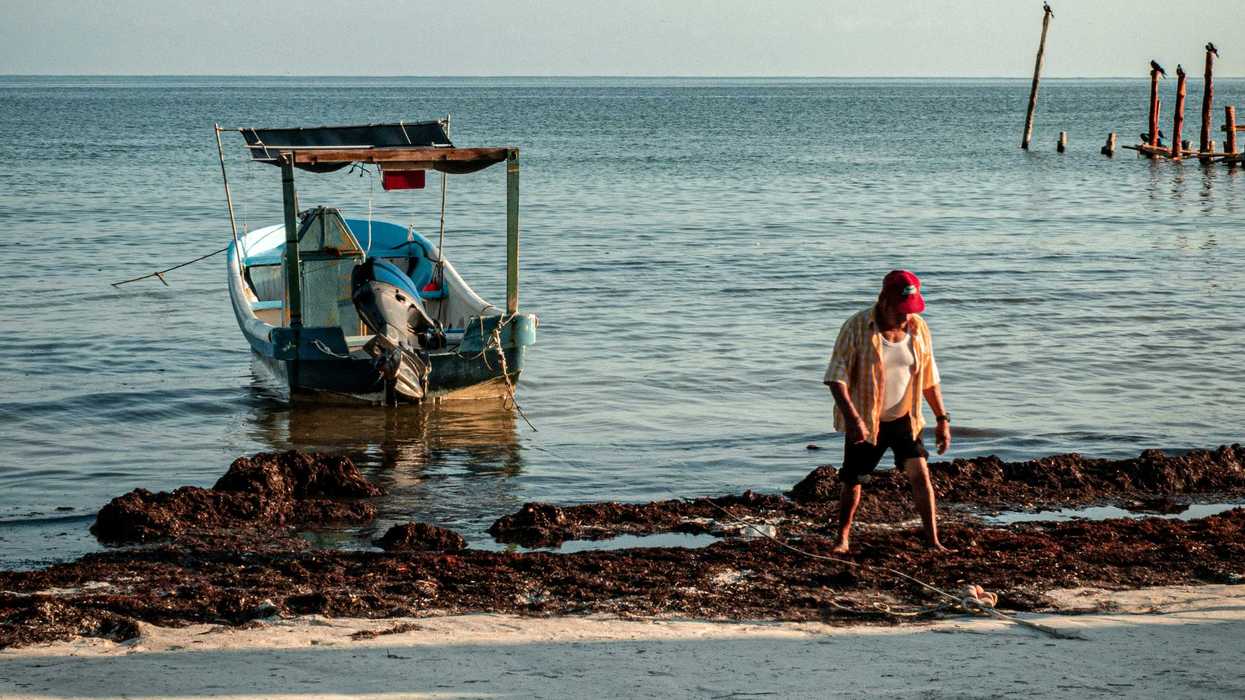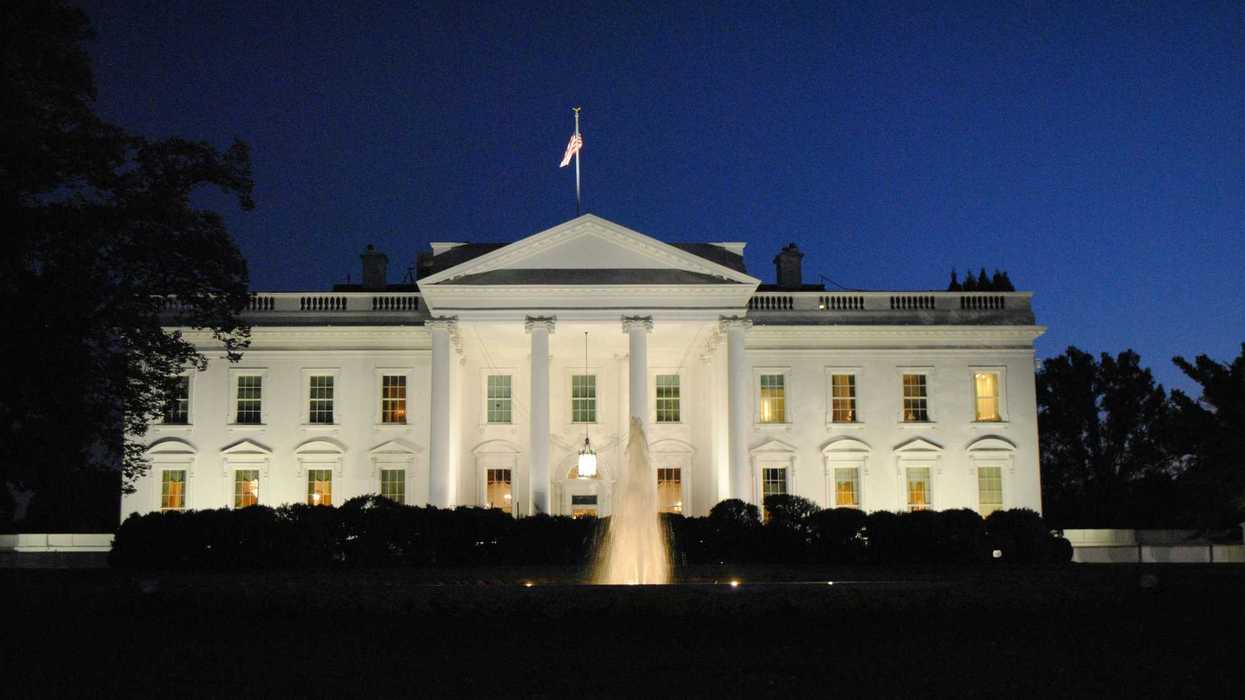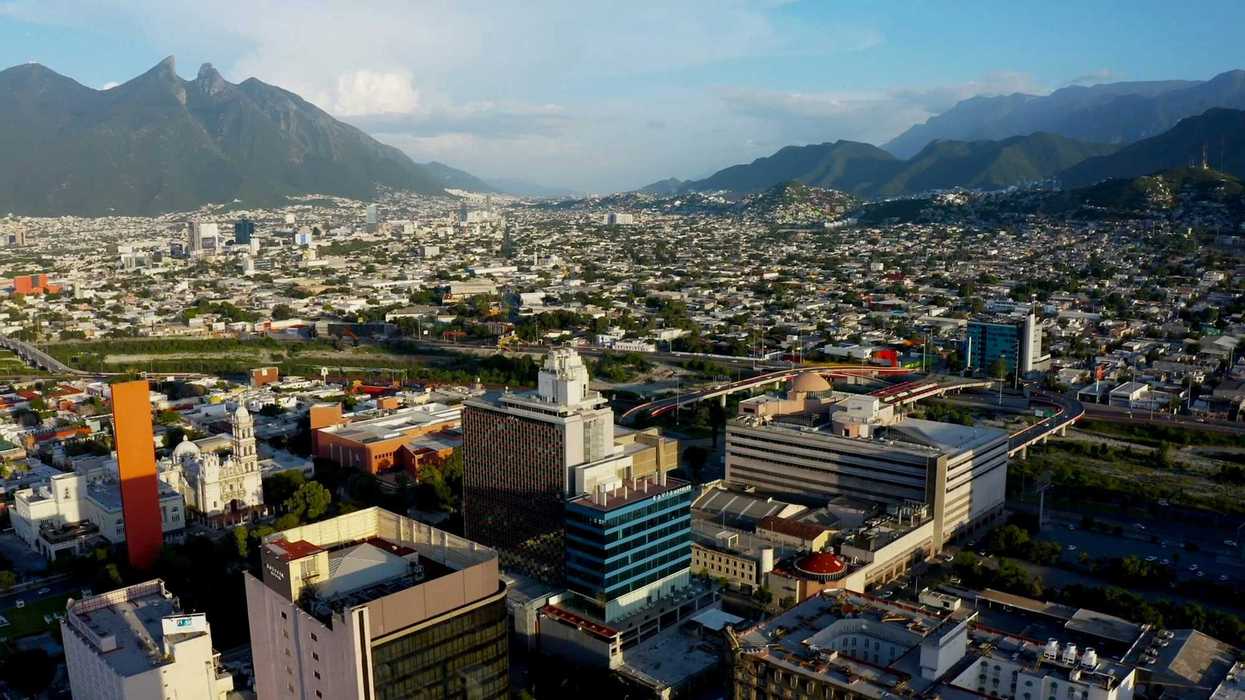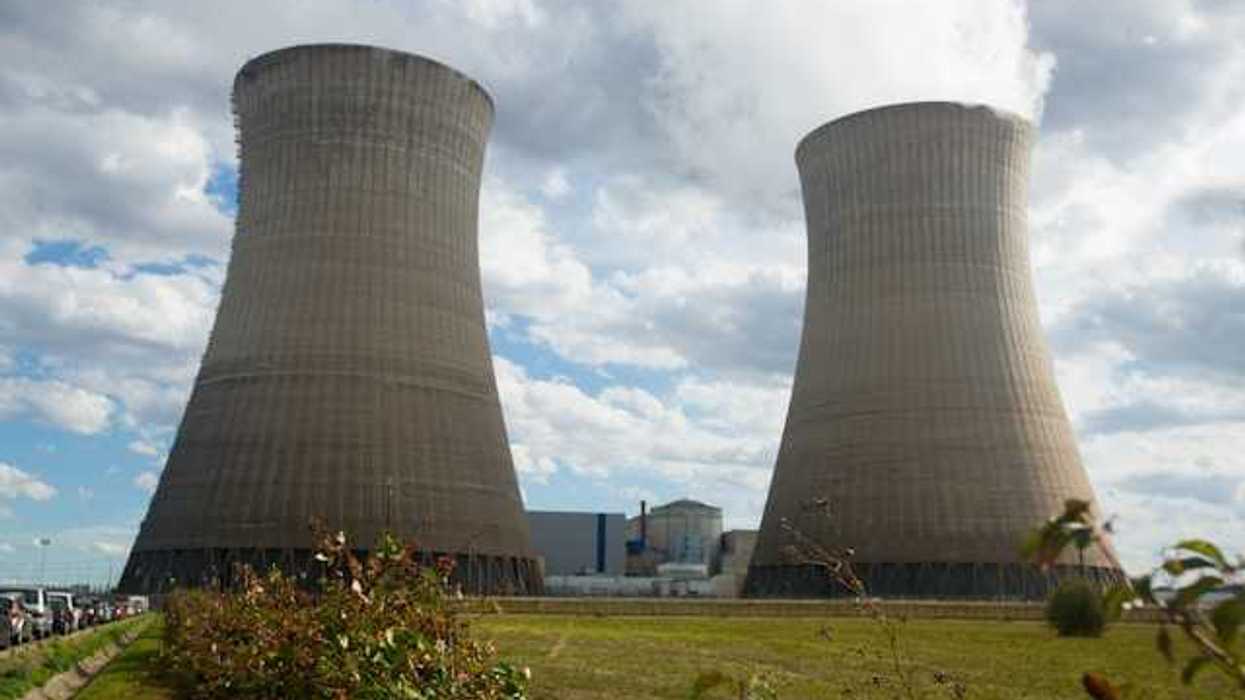After Hurricane Helene, Asheville’s Mission Hospital faces severe water shortages, compounding public health risks like disease and mosquito-borne illnesses across western North Carolina.
Eduardo Cuevas reports for USA TODAY.
In short:
- Mission Hospital struggles to secure clean water, hauling in 200,000 gallons daily to maintain operations.
- Contaminated water from damaged pipes exposes residents to diarrheal diseases, mold-related respiratory issues and mosquito-borne viruses.
- Climate change intensifies hurricanes, reducing time for evacuation and worsening post-storm health crises, especially for those with chronic conditions.
Key quote:
“These numbers, they’re very devastating, but also relatively low. We can't forget that, actually, that's really just the tip of the iceberg.”
— Jeffrey Schlegelmilch, director of Columbia Climate School’s National Center for Disaster Preparedness
Why this matters:
As hurricanes strengthen due to climate change, overwhelmed hospitals and contaminated water systems amplify the health risks for communities. Without adequate preparation, these disasters will continue to strain public health and worsen chronic health issues.














